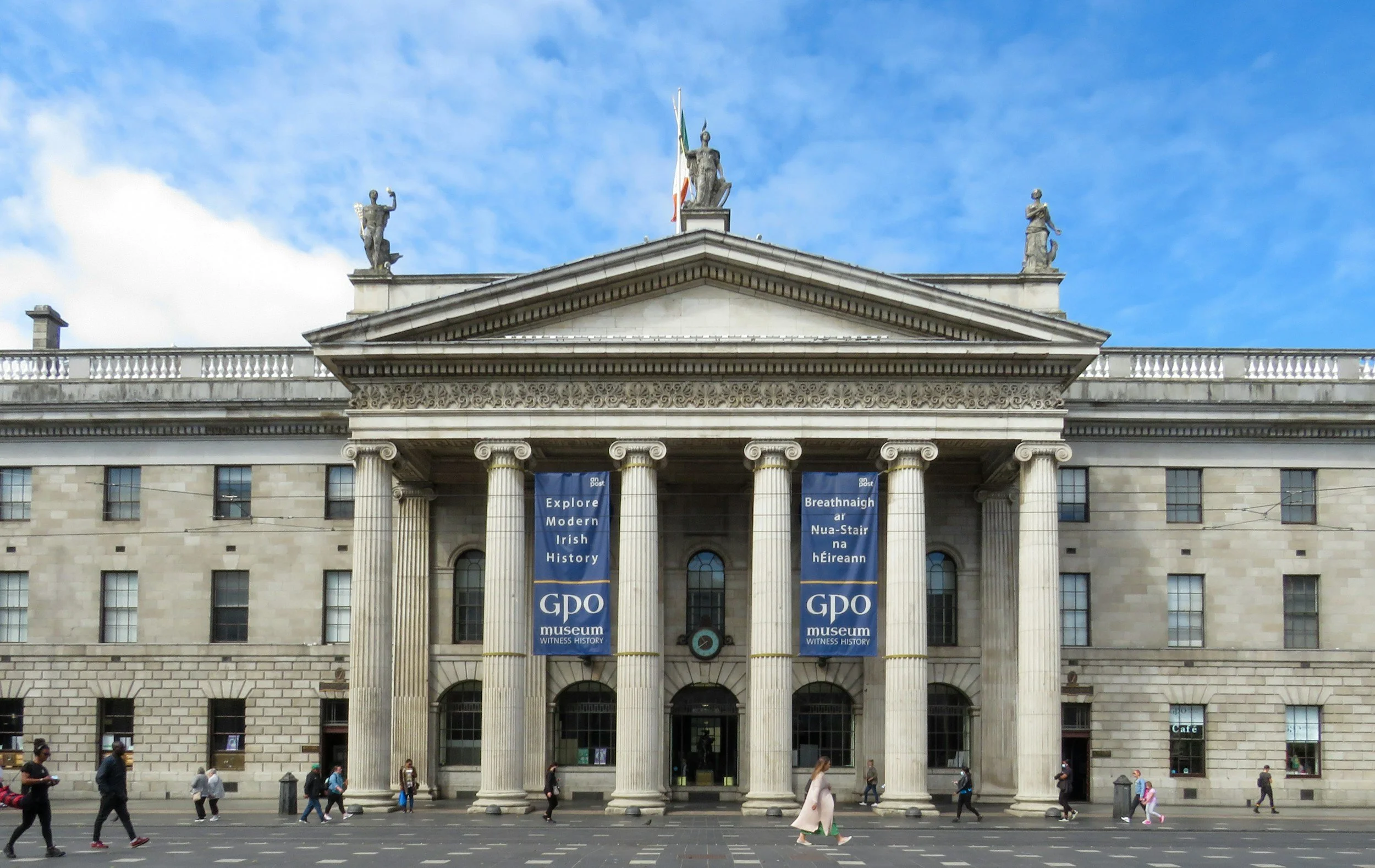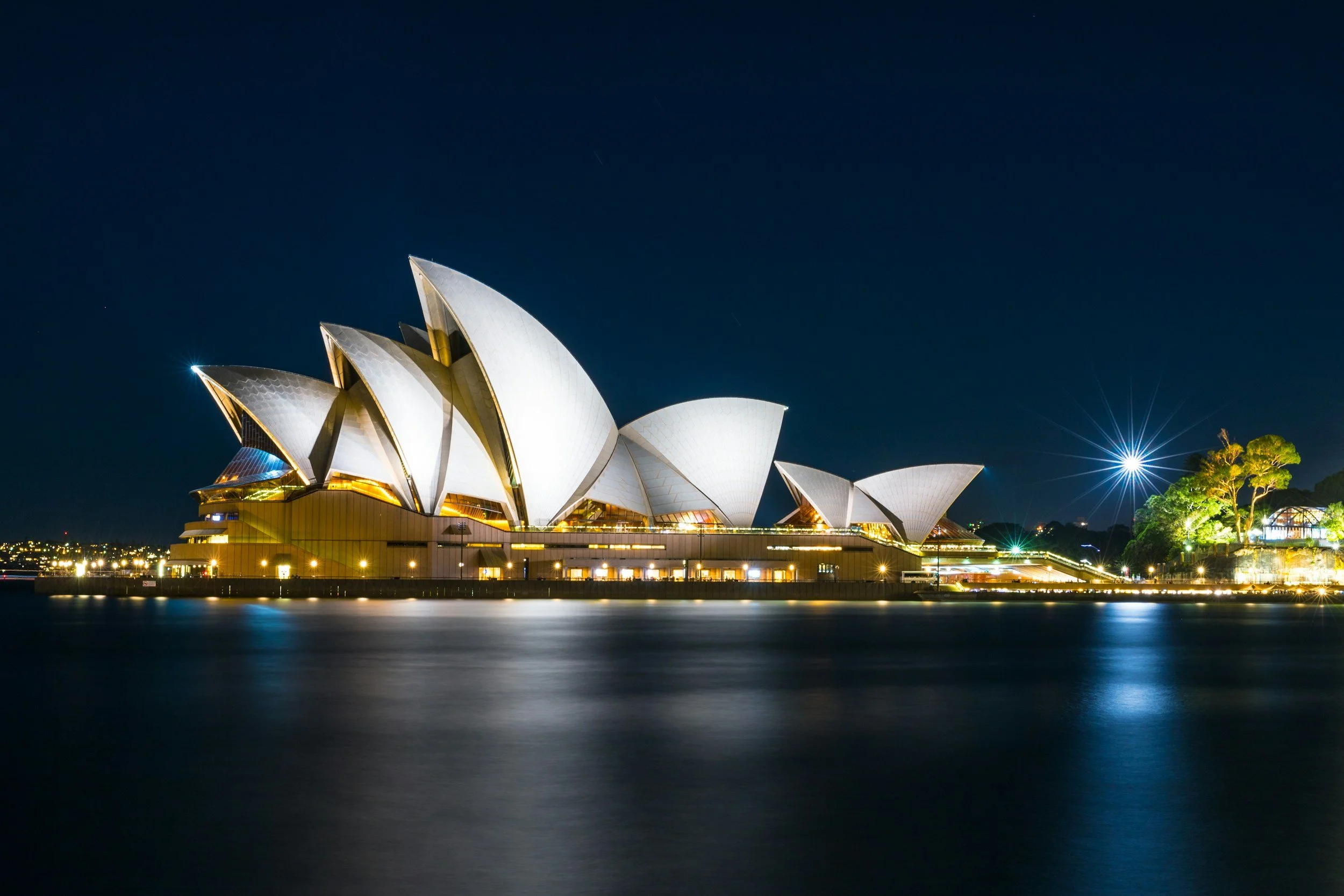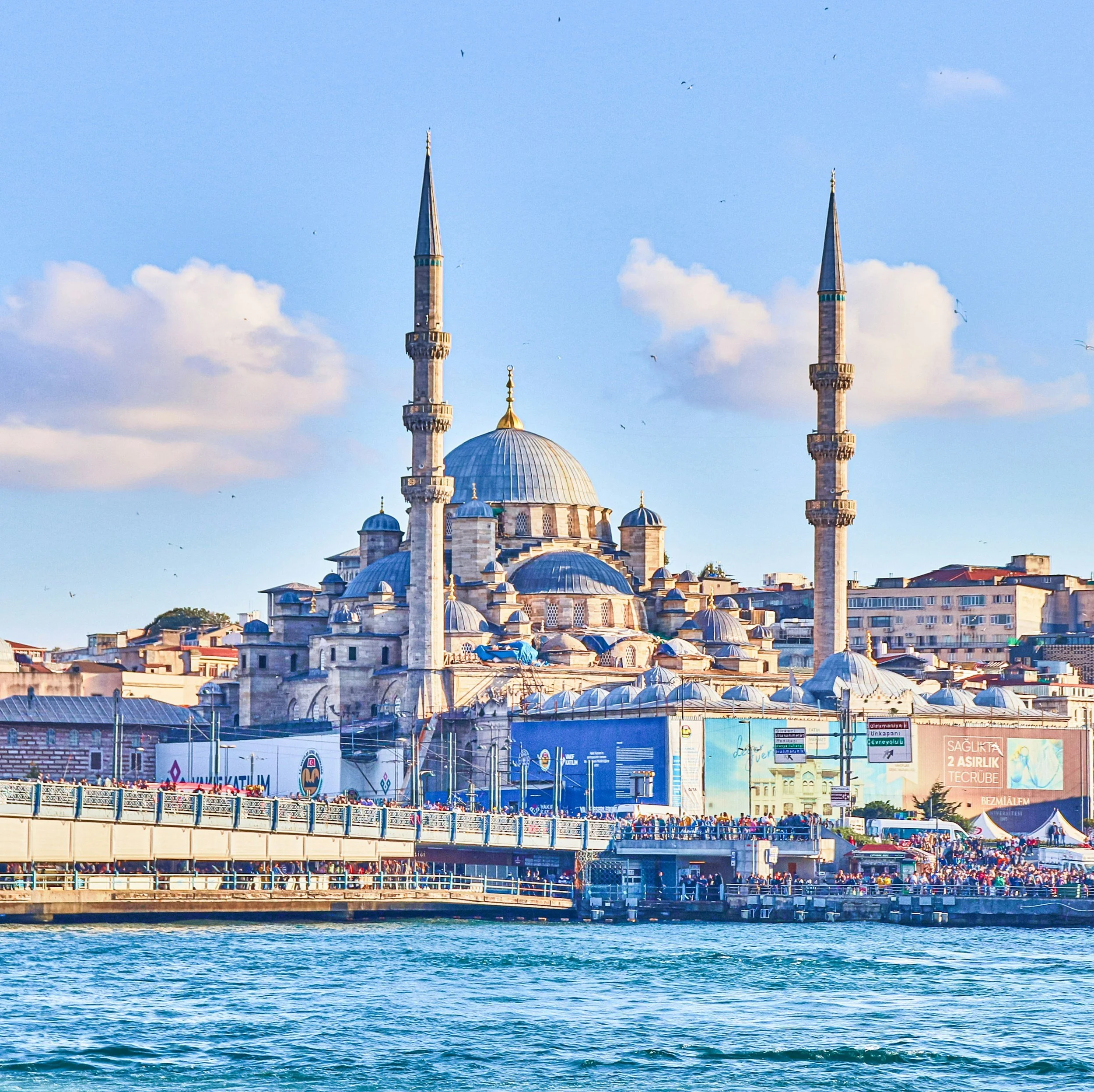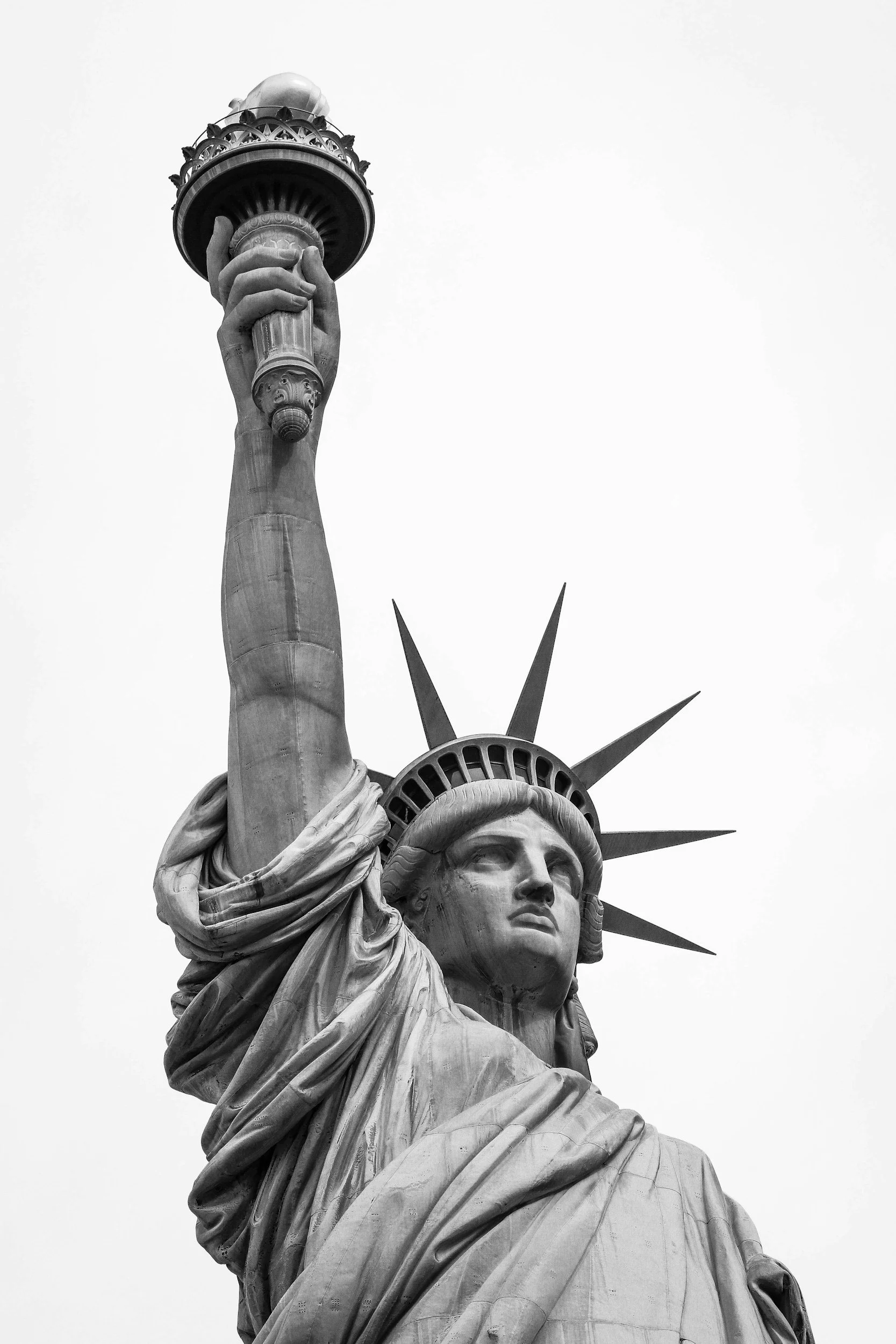‘Put another way, human beings took themselves as their own moral scale and -surprise!- concluded that they were pretty good. This soon led to the erasure of the ancient distinction between freedom for good and license for evil’.
This passage, discussing the significance of the writings of Alexander Solzhenitsyn, synthesises the eclectic existential struggles that animate Sohrab Ahmari’s new book The Unbroken Thread: Discovering the Wisdom of Tradition in an Age of Chaos.
As the title suggests, Ahmari elaborates upon his increasingly popular brand of conservativism, in a manner that specifically builds upon the exploration of his conversion to Catholicism that was previously discussed in his 2019 book From Fire, By Water. The Unbroken Thread adds depth to the faith professed in that text, with his voice now thoroughly imbued in the tradition of those ghosts whose names he invokes, most notably paying tribute to the works of GK Chesterton and CS Lewis. To call them ghosts of course is not to express belief that they have vanished into some vague ether of nonbeing, but rather as Chesterton said in Orthodoxy, ‘
The man who lives in contact with what he believes to be a living Church is a man always expecting to meet Plato and Shakespeare to-morrow at breakfast.
Anyone who has ever read Chesterton’s books (it’s likely that if you’ve read one, you’ve read more than one) will know that their innate charm resides in the fact that they meander into any and all related topics aside from their stated aim, before knitting them back together with wit and imagination.
The Unbroken Thread’s central motive is to serve as a form of letter written for the most authentic of unbroken threads, that of lineage between parent and child. Ahmari addresses his son, Maximilian, and tries to conjure some explanation to him about how the world became so loosened from traditional Western morality so quickly. In trying to explain a world that has become more corrupted than freed by unchecked liberalism, the author delves into the wisdom of the past to answer the riddles of the present, namely those presented by Covid, gender dysphoria and relativism. To quote Chesterton again:
The theory of a complete change of standards in human history does not merely deprive us of the pleasure of honouring our fathers; it deprives us even of the more modern and aristocratic pleasure of despising them.
Such sentiments are shared by Ahmari when he states:
Here, then, is the dilemma of a young father: How do I transmit to my son the value of permanent ideals against a culture that will tell him that whatever is newest is also best, that everything is negotiable and subject to contract and consent, that there is no purpose to our common life but to fulfill his desires? How do I reinforce that fragile thread linking my son to a life of humane obligations and responsibility?
It is not merely enough to live absent mindedly in the present, certainly not enough to merely assume the imminent improvements of the progressive utopian future, one must always aim to uphold the truths that are perennially instilled in our nature. To quote Chesterton once more,
‘Tradition means giving votes to the most obscure of all classes, our ancestors. It is the democracy of the dead. Tradition refuses to submit to the small and arrogant oligarchy of those who merely happen to be walking about’.
Ahmari’s efforts are aimed towards giving the likes of Chesterton, Aquinas and even Confucius such a vote, amplifying their say on a world touched by the madness of woke infested relativism and postmodernity. More than mere sentimentalism, Ahmari’s perspective represents a renewed approach to mainstream Catholicism and Traditionalism, one which picks up on the secret ingredient of all great Catholic thinkers, in taking seriously the opinions of those who differ from us, be it in refutation or affirmation and at least with the acceptance that Catholicism represents the whole of their partial truths.
The Iranian American’s biographical journey remains pertinent amongst all of this. Just as Chesterton’s time as a journalist dabbling in the Occult added a compelling twist to his conversion and just as Lewis’s atheism and reversion (and the apparent ethnic reasons for his aversion to conversion to Catholicism) add the authenticity of a cosmic drama to his works, so too does Ahmari’s physical journey from Iran to the United States and spiritual journey from materialism to Catholicism register as more authentic by virtue of their idiosyncrasies. ‘I heard about public executions…Tradition to my boyish mind was the portrait of the Ayatollah scowling at me from every billboard’.
The book is structured into twelve different questions, beginning with one asking ‘How do you justify your life?’, then dealing with others that explore the topics of God, freedom and individuality, before finishing with, ‘What’s good about death?’. Such an outline affords it a comprehensive approach as it is, but the real depth lies in the scope of cultures and thinkers whom Ahmari evokes. There are the obligatory discussions of the aforementioned Aquinas et al., but there is also the appreciation for political activists, even feminist ones. There is also the appreciation for the ancestral tradition as espoused in Confucius. The Chinese, despite some Neo Conservative claims to the contrary, are neither savage nor irrational, their ancient culture possesses recognisable values, in particular keeping faith with the past, in filial and philosophical terms:
Filiality mustn’t be permitted to become negotiable or conditional on our parents’ conduct - lest it be undone. If we agree that our parents aren’t just a random, accidental fact about our own personalities and existence, then it follows that our obligations to them are different from others we might choose to accept or reject as we please. That idea is deeply embedded in the Chinese tradition, whose wisdom insistently addresses us across the vast barriers of time, language and culture.
Such statements are cogent examples of the more positive legacies of the theologies that surrounded the Second Vatican Council. Although the legacy of the Council has been mired in wanton destruction of traditional churches, lawless liturgical innovations and widespread apostasy, Ahmari presents a template of engagement with the modern world that is firm, fair and charitable, with sincere curiosity about the inner workings of others who have sought objective truths throughout history. In some Traditionalist circles today, there is an overly negative aversion to other faiths, theologies and philosophies that is, ironically, not a traditional Catholic way of doing things. One doesn’t have to adopt an idea to take it seriously. Aquinas and the Scholastics would have been repelled by such dismissive concepts. For all of its controversy, the Vatican II document on non Christian religions, Nostra Aetate, was accurate in saying, ‘The Catholic Church rejects nothing that is true and holy in these religions’.
This fairness towards other traditions and faiths is not weakness, one of this book’s considerable strengths in the coming years will be as a beginner’s guide to traditionalism and to conservativism, with a helpful glossary of thinkers and activists who have had significant influence upon the West through word and action. There are the early Church fathers, Polycarp to Saint Augustine, but also the more modern voices such as Alexander Solzhenitsyn, painting an expansive canvas of connection between the search for truth two millenniums ago with the current ‘Dictatorship of Relativism’ that Cardinal Joseph Ratzinger opposed. The passages about Solzhenitsyn are particularly insightful for audiences who may have been suckered into thinking that Catholicism and Capitalism are one and the same:
Western-style liberalism and Communism shared this faith in the basic goodness of the autonomous human being. Both hallowed the autonomous human as ‘the center of all’. Despite their differences over how to free humanity from all natural and traditional constraints, whether to do so collectively or individually, the two ideologies were twin children of the same parent philosophy. In this sense, the Cold War world was, in fact, united. Its two halves were riffing on the same melody in two different keys. It was easy to see how Communism’s vision of unbound human rule had in practice led to the absolute loss of true freedom 0 to the gulag, to the killing field, to the torture chamber. The West’s deformations were more diffuse and subtle but no less real.
In our own time, the horrors of Abu Ghraib and Guantanamo Bay were justified by those who claimed to be protecting human freedoms as once were the gulags of Siberia by the Communists. It is not a traditionally popular conservative opinion to conflate the two, but it is accurate nonetheless.
On Aquinas, there are the usual biographical standouts, his pursuit of sainthood in defiance of his family’s expectations for him serving as an example for today’s conformist youth. Most significant however, is the mention of Aquinas’s philosophy, the 5 Proofs and the conciliation of faith and reason. In his 1879 encyclical Aeterni Patris, Pope Leo XIII held up St. Thomas Aquinas as the example of theological surety upon which the church could be relied to oppose the Enlightenment’s focus upon relativism and its usurpation of reason.
Among the Scholastic Doctors, the chief and master of all towers Thomas Aquinas, who, as Cajetan observes, because "he most venerated the ancient doctors of the Church, in a certain way seems to have inherited the intellect of all."(34) The doctrines of those illustrious men, like the scattered members of a body, Thomas collected together and cemented, distributed in wonderful order, and so increased with important additions that he is rightly and deservedly esteemed the special bulwark and glory of the Catholic faith. With his spirit at once humble and swift, his memory ready and tenacious, his life spotless throughout, a lover of truth for its own sake, richly endowed with human and divine science, like the sun he heated the world with the warmth of his virtues and filled it with the splendor of his teaching. Philosophy has no part which he did not touch finely at once and thoroughly; on the laws of reasoning, on God and incorporeal substances, on man and other sensible things, on human actions and their principles, he reasoned in such a manner that in him there is wanting neither a full array of questions, nor an apt disposal of the various parts, nor the best method of proceeding, nor soundness of principles or strength of argument, nor clearness and elegance of style, nor a facility for explaining what is abstruse.
Ahmari’s discussion of the Angelic Doctor is a welcome addition to the current public relativist crisis, which has now decided to focus specifically on gender and the apparent non existence of distinctions between men and women. Pope Leo XIII and Ahmari appear to have both had the same revelation, to find the truth of Aquinas to be a solid argument to those who argue that truth does not exist and that progress has brought man to a better, more honest place than the Medieval world had brought him to.
We have been sold a bad bill of goods. Modern philosophy, with its tendency to judge everything y the standard of its own ideas and claims to greatness, has conditioned us to see the rejection of everything medieval as a victory of reason over obscurantism. But that narrative is mostly self-serving mythology, as we have seen. It wasn’t the case that with the rise of the Enlightenment, philosophical reason eclipsed irrational faith. Rather, an illiberal conception of reason’s powers came to eclipse reason as Aquinas to understood it: a reason that could get at the very mind of God.
But this needn’t be a permanent eclipse. We can go back behind intellectual mistakes, even epochal ones. We can retrace our steps and recover reason in its full, rich, medieval sense.
Numerous references to the post Covid world also dot Ahmari’s text, explicit and implicit, most significantly his choice of ending the book with the chapter ‘What is good about death?’. The past year has not been marked so much by fear over a terrifying virus, but over fear of death itself, fear of even talking about it. A society which no longer considers what happens before or after life, now finds itself facing death in a manner that it has long sought to avoid. It is significant that the most secular countries have generally been the ones most inclined to have been consumed by hypochondriac reactions to the virus and, despite claims to the contrary, the Catholic Church has probably been the most inclined to bend and even break the rules of lockdown, with clandestine Masses, a blind eye turned to large numbers at funerals and efforts to have lockdown rules revoked. Journalists will occasionally tell us that biological life will someday be permanently extended as made evident by some new innovative research, yet Ahmari recalled Augustine who said ‘You have made us for yourself, O Lord, and our heart is restless until it rests in you’.
Perpetual biological life doesn’t, in fact, fulfill the longing for eternity answered by the classical and Judeo-Christian promise of a reunion with the whole. Living very, very long or forever in the here and now entails no rest, no final fulfillment or completion.
Perhaps the modern world needs to be brought back to sense by being reminded of its own eventual demise, in individual and collective terms.
Recent bestsellers by Douglas Murray and Jordan Peterson have brought young Western men in particular to consider their society’s decline, Murray did so on a macro level whereas Peterson worked on a personal level. The Unbroken Thread takes that milieu into its rightful final sphere, not societal anxiety or self help, but in keeping faith with the traditions of the past and using them to better understand the chaos around us.
It may seem an age ago now, but Cardinal Joseph Ratzinger’s last homily was only 16 years ago and it is prophetic, predicting what Ahmari sees around him now.
Today, having a clear faith based on the Creed of the Church is often labeled as fundamentalism. Whereas relativism, that is, letting oneself be "tossed here and there, carried about by every wind of doctrine", seems the only attitude that can cope with modern times. We are building a dictatorship of relativism that does not recognize anything as definitive and whose ultimate goal consists solely of one's own ego and desires.
In the book’s conclusion, Sohrab Ahmari writes ‘A letter to Maximilian’, his son named after St. Maximilian Kolbe. He says to him, ‘I should want you… to read old books before new ones. To make all your decision by the light of sound authorities, above all that of the Holy Church’.
The Unbroken Thread is not designed to help you to clean your room, to make you blackpill about the declining birth rates of Europe, it is a reminder that that truth is objective, God is real and your freedom means more when you recognise that it is granted to you by God, rather than by governments and oligarchs.
Seosamh O’Caoimh
The Unbroken Thread: Disovering Wisdom of Tradition in the Age of Chaos is available for sale in Europe now.











Read how each politician voted.